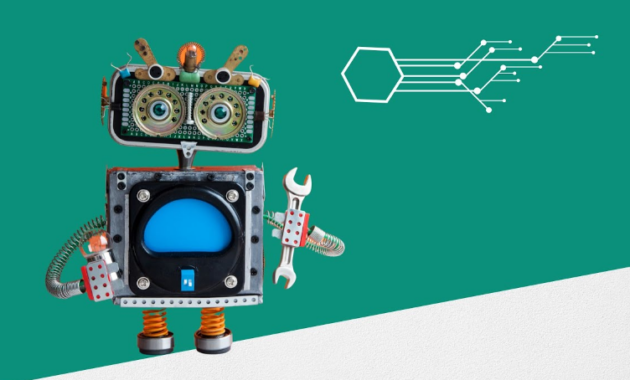
The world of documentary narration is on the cusp of a technological revolution. As we've explored in our overview of The Art of Documentary Narration, the narrator's role has been central to documentary storytelling for decades. Now, emerging technologies are poised to transform how narration is created, delivered, and experienced. In this article, we'll delve into the innovations that are shaping the future of documentary narration.
AI-Generated Voices: The New Frontier
Artificial Intelligence is making significant strides in voice synthesis, offering new possibilities for documentary narration:
- Custom AI Voices: Creating unique, AI-generated voices for documentaries
- Voice Cloning: Replicating voices of historical figures or unavailable narrators
- Multilingual Narration: Easily translating and narrating in multiple languages
While AI voices offer exciting possibilities, they also raise ethical questions. The MIT Technology Review provides an insightful analysis of the implications in their article "The Rise of AI Voice Technology: Promise and Peril". It's a must-read for anyone interested in the future of narration.
Immersive Audio Technologies
New audio technologies are enhancing the listener's experience:
- 3D Audio: Creating a more immersive soundscape for documentaries
- Binaural Recording: Producing a 3D stereo sound sensation
- Adaptive Audio: Adjusting narration based on viewer interaction or environment
Real-Time Translation and Dubbing
Advanced translation technologies are breaking down language barriers:
- AI-Powered Real-Time Translation: Instantly translating narration into multiple languages
- Lip-Sync Technology: Creating seamless dubbing for international audiences
- Cultural Adaptation AI: Adjusting content for cultural relevance in different regions
For a deep dive into how these technologies are revolutionizing global content distribution, check out the article "The Future of Video Localization" from Slator. It offers valuable insights into the challenges and opportunities in this space.
Interactive Narration
Emerging technologies are enabling more interactive documentary experiences:
- Branching Narratives: Allowing viewers to choose different narration paths
- Voice-Activated Content: Using voice commands to interact with the documentary
- Personalized Narration: Tailoring the narration style to viewer preferences
Augmented Reality (AR) and Virtual Reality (VR) Narration
AR and VR are opening new frontiers for immersive documentary experiences:
- Spatial Audio in VR: Creating 360-degree soundscapes that respond to viewer movement
- AR Narration Overlays: Providing context-sensitive narration in augmented reality documentaries
- Virtual Narrators: Creating virtual characters that guide viewers through VR documentaries
The potential of these technologies in documentary filmmaking is explored in-depth in the Filmmaker Magazine article "Virtual Reality and the Future of Documentary Storytelling". It's an eye-opening read for filmmakers looking to push the boundaries of the medium.
Enhanced Voice Analysis and Emotion Detection
Advanced AI is improving the emotional intelligence of narration:
- Emotion Detection: Analyzing viewer reactions to optimize narration delivery
- Adaptive Emotional Tone: Adjusting the narrator's emotional tone based on content and viewer response
- Personalized Engagement Metrics: Providing filmmakers with detailed data on narration effectiveness
Blockchain and Narration Rights Management
Blockchain technology is revolutionizing how narration rights are managed:
- Smart Contracts: Automating royalty payments for narrators
- Transparent Usage Tracking: Providing clear data on how and where narration is used
- Decentralized Distribution: Enabling new models for documentary distribution and narrator compensation
Challenges and Considerations
While these technologies offer exciting possibilities, they also present challenges:
- Ethical Considerations: Navigating the implications of AI-generated voices and deep fakes
- Maintaining Authenticity: Ensuring that technological enhancements don't overshadow genuine human connection
- Accessibility: Making sure advanced narration technologies are available to independent filmmakers
For a thoughtful discussion on balancing innovation with ethical considerations in documentary filmmaking, the International Documentary Association's article "Navigating the Ethics of New Technologies in Documentary" provides valuable perspectives.
As we look to the future, it's clear that technology will continue to reshape the landscape of documentary narration. By embracing these innovations while mindfully considering their implications, filmmakers and narrators can create more engaging, accessible, and impactful documentaries than ever before.
The future of documentary narration is not just about technological advancement—it's about expanding the possibilities of storytelling and creating deeper connections with audiences worldwide.

